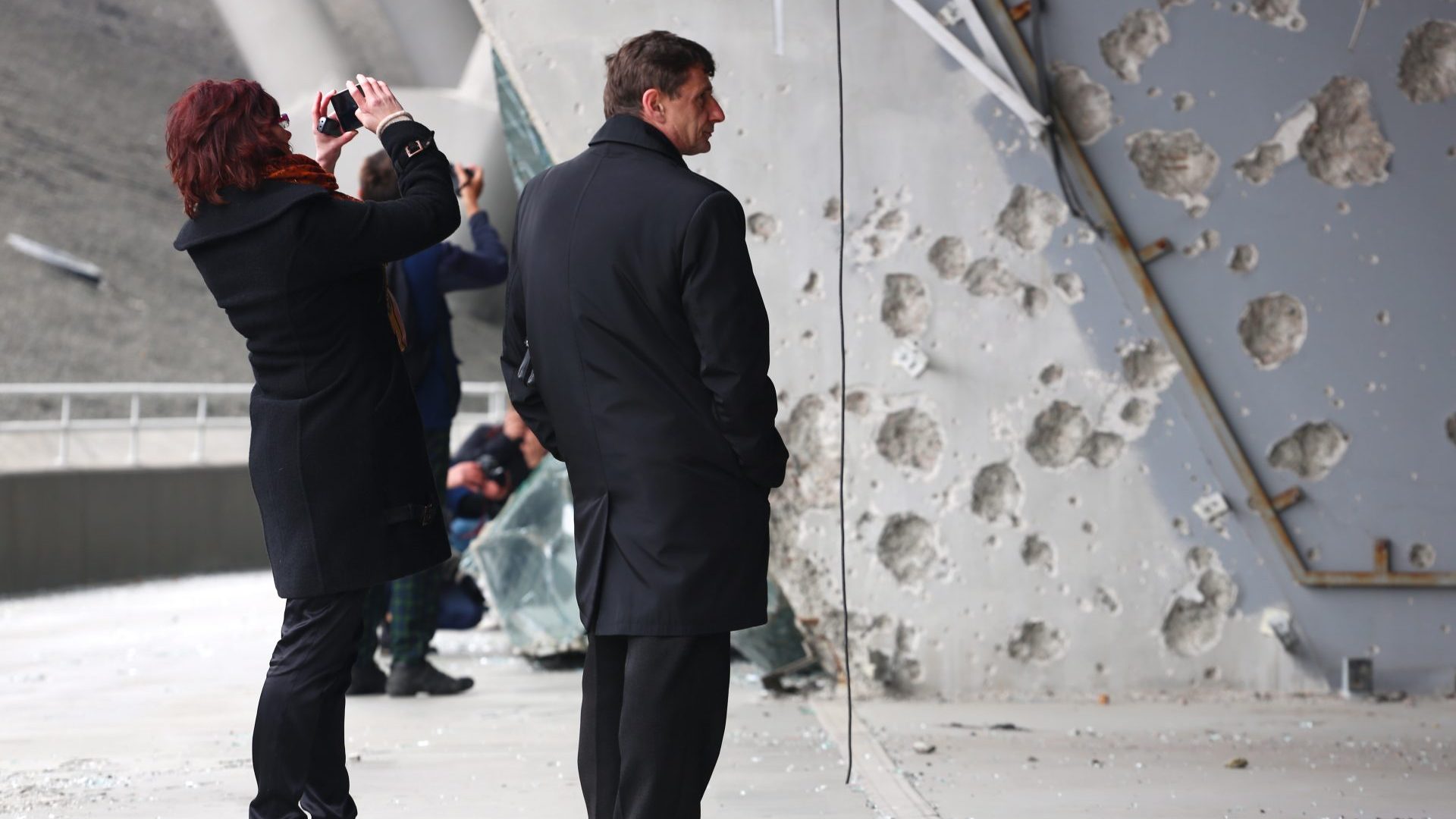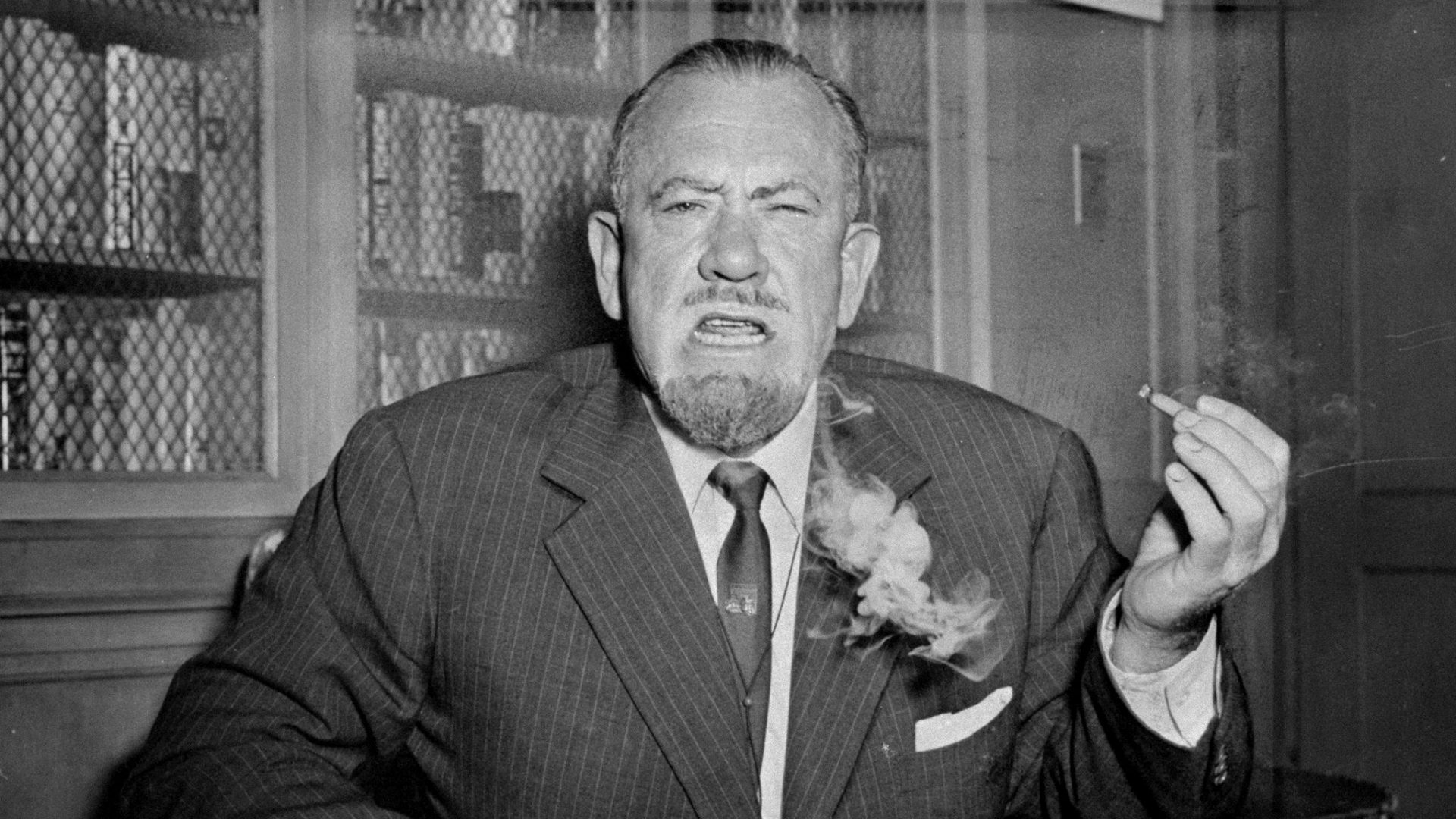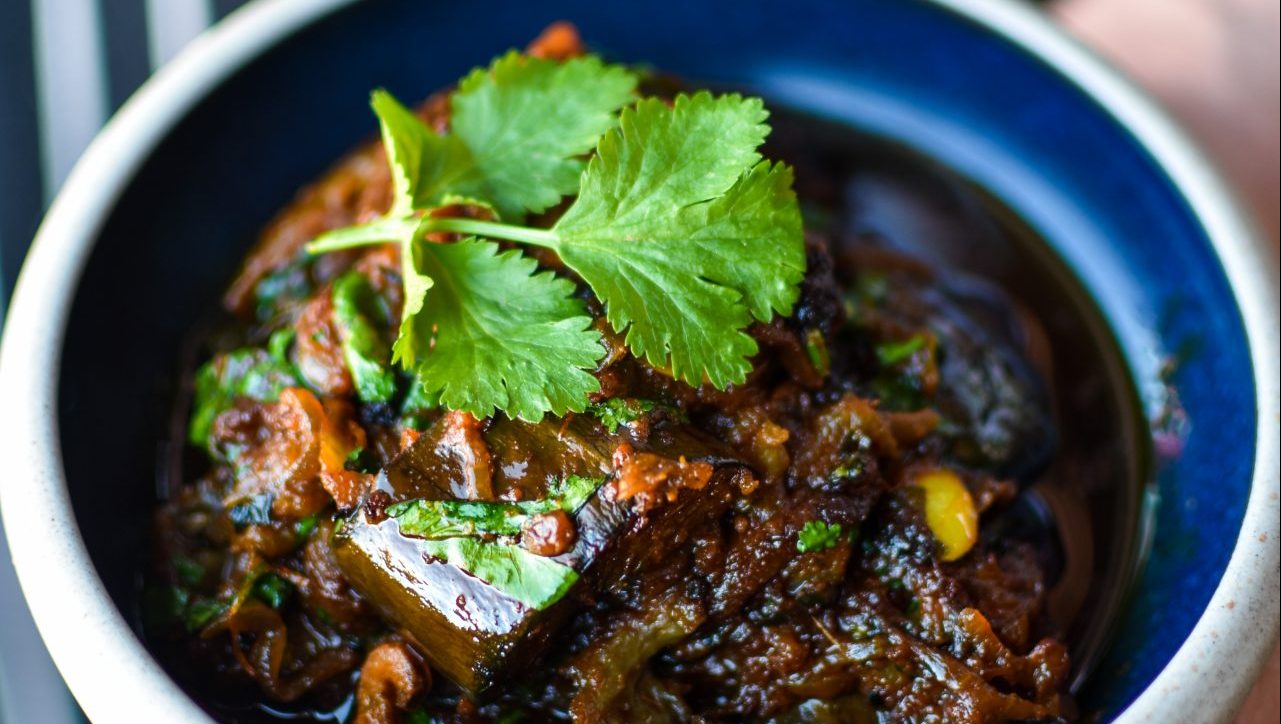Vladimir Putin’s move to send Russian forces as “peacekeepers” into Luhansk and Donetsk has implications for the world. There are implications too for a football team that has big ambitions that have been hindered by Putin’s own ambitions in Ukraine.
While Russian oligarch Roman Abramovich “owns” the Champions League trophy and the Fifa Club World Cup, courtesy of his billion-pound investment in Chelsea, the Ukrainian oligarch Rinat Akhmetov dreams of
doing similar at Shakhtar Donetsk, and spent tens of millions in the recent January transfer window.
Abramovich, an orphan, and Akhmetov, the son of a miner, are among the opportunists who rapidly built immense wealth from mining mineral resources in Russia and Ukraine after the dissolution of the Soviet Union three decades ago. Both sink funds into humanitarian and religious causes as well as into the pursuit of football trophies. Both are said to support Putin (late last year, Ukrainian president Volodymyr Zelenskiy accused Akhmetov’s circle of holding coup discussions with Putin’s representatives).
Shakhtar’s bid to become a Chelsea of the east was progressing well until the club was forced out of its world-class Donbas Arena by the Russia-Ukraine war of 2014. Since then, the “Himyky” (miners) or “Kroty” (moles) have played their home matches 1,000km away in Lviv in western Ukraine, and more recently in Kharkiv and Kyiv. They continue to dominate the Ukraine Premier League, scheduled to restart this weekend after the winter break. After Putin’s move, the future looks less certain.
Shakhtar are no longer the beguiling side that won the Uefa Cup in 2009. That team was managed by the wily old Romanian Mircea Lucescu until he
left to coach the team Putin follows, Zenit St Petersburg, in the wake of Shakhtar’s exile.
Romania itself appreciates the Latin beauty of movement in the game, as
anyone who saw Gheorghe Hagi – “the Maradona of the Carpathians” – can
testify. And Lucescu’s Shakhtar was a blend of hard-running Ukrainians in
defence and imported Brazilians above the halfway line.
Akhmetov’s money attracted agents such as Kia Joorabchian, the Iranian-born, British-educated fixer who specialises in procuring South Americans to play for Europe’s richest clubs. The current Shakhtar squad has 13 Brazilians, 10 Ukrainians, one Israeli and one Burkina Faso player on the payroll, and Lucescu’s side had five Brazilians in attack.
That team was broken up when the danger to life exceeded the rewards. The stars were rehoused by Chelsea (Willian), Manchester City (Fernandinho), AC Milan (Luiz Adriano), Borussia Dortmund (Henrikh Mkhitaryan), while Jádson and Ilsinho went back to Brazil, where Joorabchian still held third-party ownership within clubs.
But the player who outstayed them all was neither Ukrainian nor Brazilian. And he, Darijo Srna, might be said to be inured to playing football in war zones.
The captain and swashbuckling right back played 536 games for Shakhtar and 134 for Croatia. His life has literally been one conflict after another – he joined Donetsk from Hadjuk Split, which itself was bombed during the break-up of Yugoslavia. Srna’s father, born in Bosnia, was orphaned during the second world war. His mother is Croatian. He received Ukraine’s Order for Courage medal in his adopted homeland.
His role today is as Shakhtar’s director of football, responsible for an Italian coaching team of eight who prepare the team for Akhmetov. In January, the Shakhtar president paid Ajax Amsterdam £12.5m to sign David Neres, a winger who is now playing in a war zone in hopes of rekindling his brief Brazilian team career.
Perhaps the attraction is Shakhtar’s orange jersey with crossed hammers club badge and the sponsorship initials SCM, representing Akhmetov’s
industrial, banking, property and media conglomerate System Capital
Management. Perhaps Neres finds comfort in Donetsk from having so
many Brazilians around him. Perhaps he just follows the money, or is one of
those sportsmen who reads news from the back pages rather than the front.
This weekend the men’s squad, worth around £176m, are due to play in Kharkiv – 35km from the Russian border – where the home side, Metalist, cost a fraction of that sum to accumulate. They are rebuilding after being forced back into amateur status through debt six seasons ago.
Meanwhile, Shakhtar’s history pivoted on the death of the previous owner, a local butcher and mafia gangster, Akhat Bragin. He and his bodyguards met a violent end in a bomb blast at the old stadium in 1995.
Then Akhmetov, now 55, took over. Akhmetov is worth £5.5bn and spent
£136.4m to buy London’s most expensive penthouse, One Hyde Park.
Back in Donetsk where it remains unsafe to play, the Donbas Arena, host
to the 2012 Euro final, is now a distribution centre for food and medicines to victims of the ongoing war. A football match there seems further away than ever.




